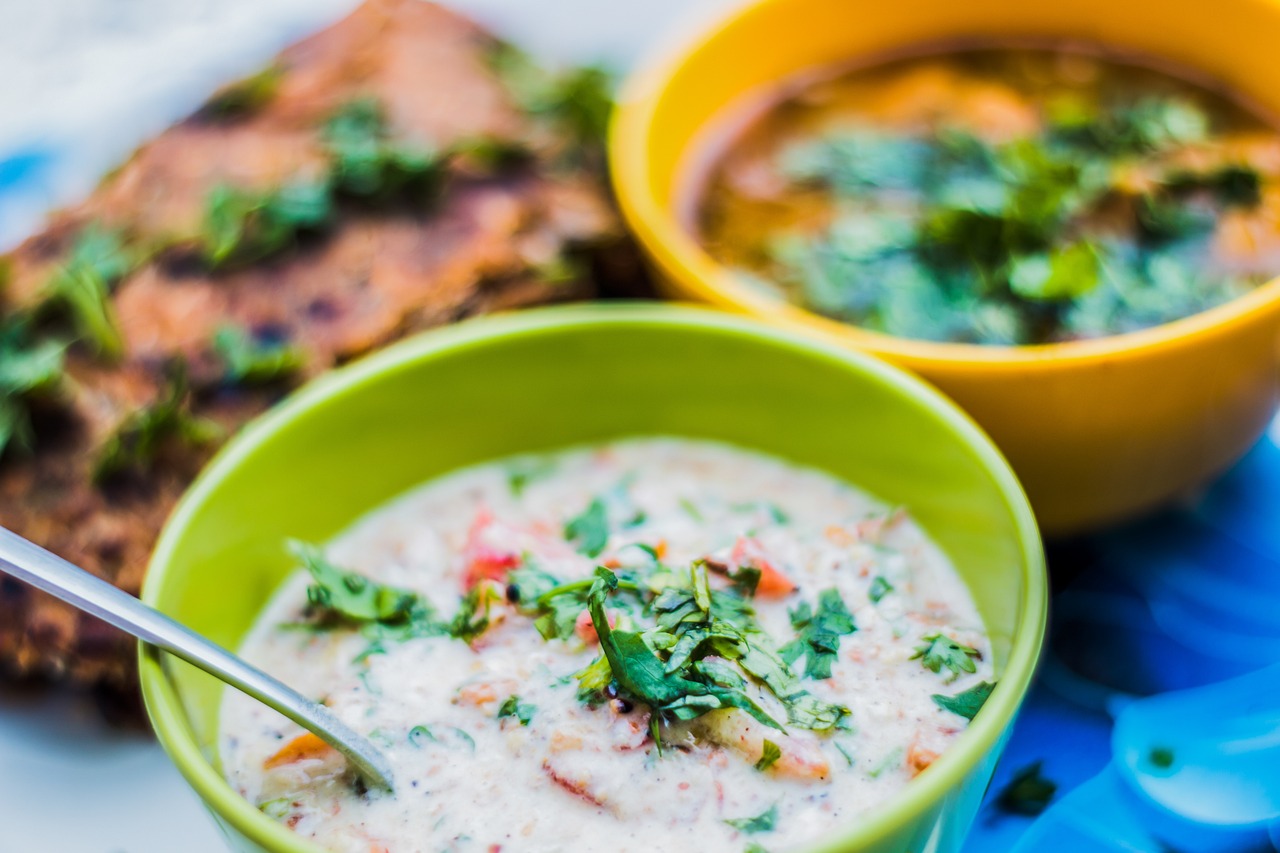How Cultural Differences Affect Election Strategies: 11xplay sign up, Laser247 com, World777 register
11xplay sign up, laser247 com, world777 register: In todays globalized world, election strategies are not limited to just one country. Political campaigns must take into account cultural differences when developing their tactics to appeal to voters from diverse backgrounds. Understanding how cultural nuances influence the way people think and behave can make or break a candidates chances of winning an election.
Cultural differences can affect election strategies in various ways, from messaging and communication style to the choice of campaign issues and even the timing of events. Lets explore some of the key factors that candidates need to consider when running for office in a multicultural society.
Understanding Cultural Values
Culture shapes the values, beliefs, and norms of a society. Candidates must be aware of these cultural values when crafting their messages and policies. For example, in some cultures, family and community are highly valued, so a candidate who emphasizes these values is more likely to resonate with voters. On the other hand, in individualistic cultures, such as the United States, candidates may focus on personal achievements and self-reliance.
Language and Communication Style
Language is a powerful tool in politics. Candidates who speak the language of the electorate are more likely to connect with voters on a deeper level. Moreover, communication styles vary across cultures. Some cultures value directness and assertiveness, while others prefer indirect and polite communication. Candidates need to adapt their communication style to resonate with different cultural groups.
Campaign Issues
The choice of campaign issues can also be influenced by cultural differences. What may be a top priority for one group of voters may not resonate with another. Candidates must prioritize issues that are important to the electorate they are targeting. For example, in some cultures, environmental issues may be a top concern, while in others, economic issues may take precedence.
Campaign Events and Timing
Cultural differences can also impact the timing and format of campaign events. For example, in some cultures, large rallies and public speeches are common campaign tactics. In contrast, other cultures may prefer smaller, more intimate events. Candidates need to be mindful of cultural preferences when planning their campaign events.
In conclusion, cultural differences play a significant role in shaping election strategies. Candidates who understand and respect these differences are more likely to connect with voters and build a successful campaign. By adapting their messaging, communication style, campaign issues, and events to different cultural groups, candidates can increase their chances of winning elections in multicultural societies.
—
FAQs:
Q: How can candidates address cultural differences in their campaign strategies?
A: Candidates can address cultural differences by conducting research on the cultural values, beliefs, and preferences of the electorate they are targeting. They can then tailor their messaging, communication style, campaign issues, and events to resonate with different cultural groups.
Q: Can cultural differences impact election outcomes?
A: Yes, cultural differences can impact election outcomes. Candidates who fail to understand and address cultural differences may struggle to connect with voters and may not be able to secure enough support to win an election.
Q: Are cultural differences the only factor that influences election strategies?
A: While cultural differences play a significant role in shaping election strategies, other factors such as political ideologies, socioeconomic factors, and current events also impact campaign tactics and outcomes. Candidates need to consider a range of factors when developing their election strategies.







